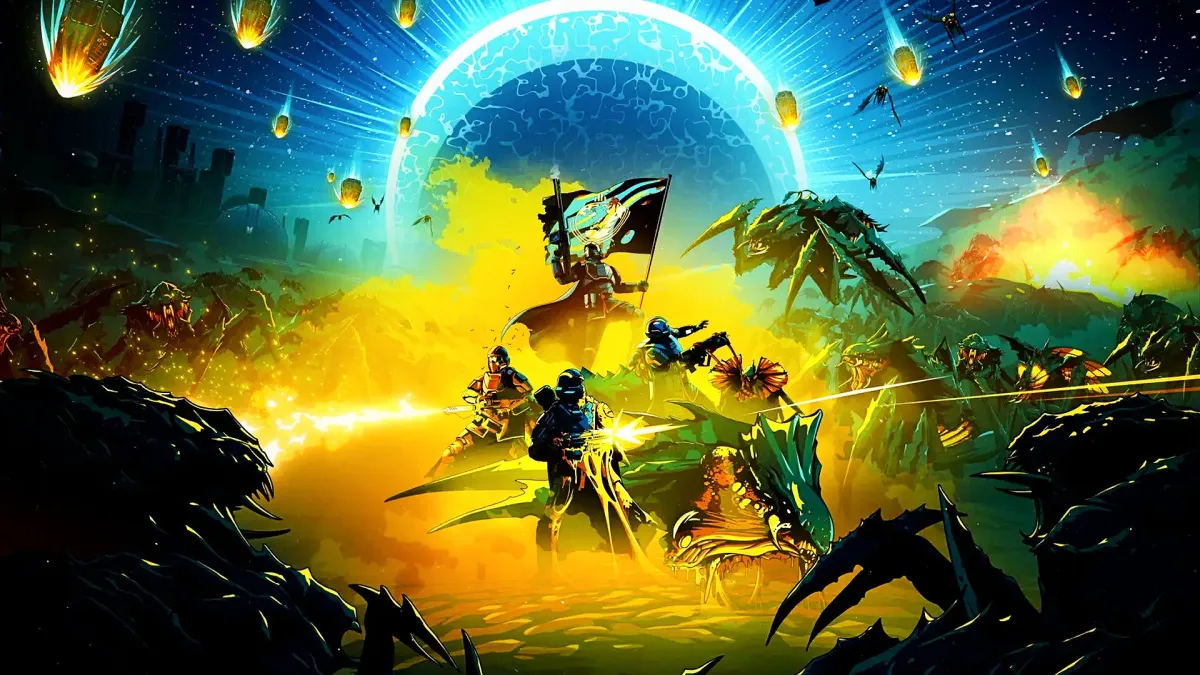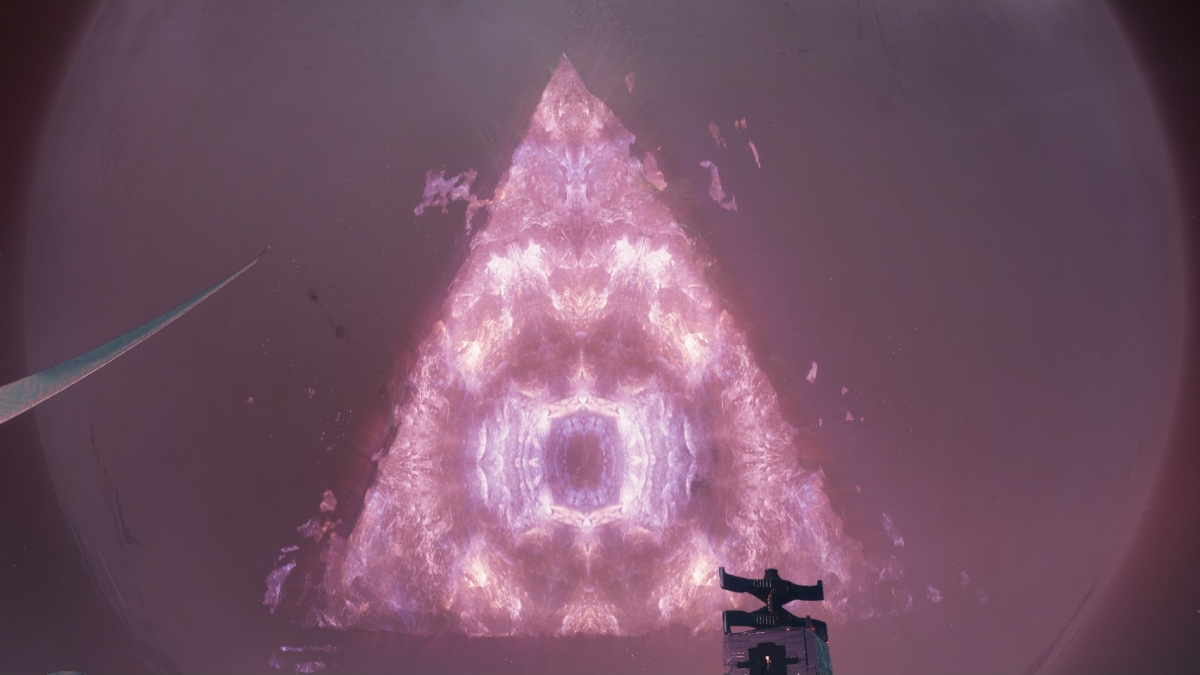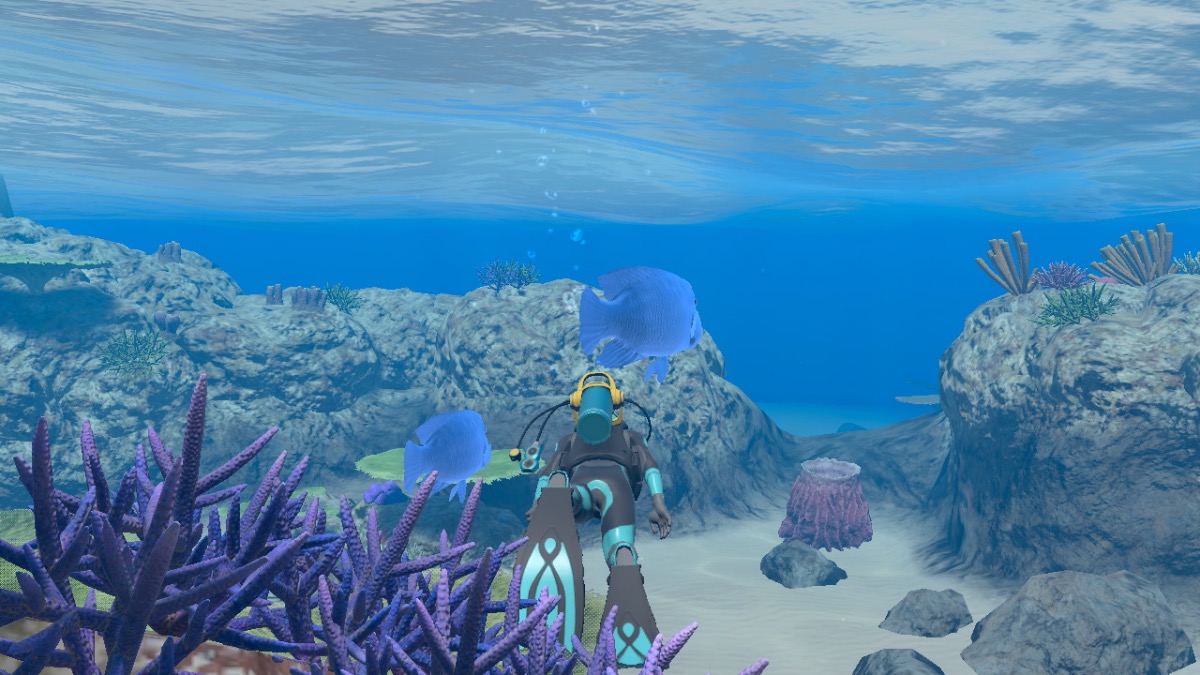I played Bethesda’s most successful RPGs in a strange order. Fallout 4 was a day-one purchase despite never having played more than 10 or hours of its predecessor, but somehow, Skyrim passed me by back in 2011 even though I was huge Oblivion fan. For years it sat in my backlog list unchecked, an intimidating behemoth that seemed destined to remain one giant —slightly embarrassing— blank on my gaming resume. Seven years later, I’ve finally ticked it off and can now confirm that it is clunky to control, blighted by technical hiccups, and full of tedious fetch quests. But I also thoroughly enjoyed it for the most part. Indeed, between its accessible gameplay, focus on exploration, and a huge amount of role-playing and modding options, it’s little wonder millions of people are still playing it in 2018.
Not a very hot take so far, I know, but stick with me because the backstory is important. You see, playing Bethesda’s most successful open-world RPGs in reverse order made even more painfully obvious just how far the developer has fallen behind its competition. Where CD Projekt Red’s The Witcher 3: Wild Hunt was like a generational leap in the quality of open-world RPGs, Skyrim’s ancient DNA courses so blatantly through the veins of Fallout 4 that it feels woefully long in the tooth by comparison. The design, aesthetic, and general composition really are shockingly similar. It seems obvious to me that Fallout 4 was developed in a bit of a vacuum, carved out of an archaic foundation that ensured it would never feel contemporary. Moving forward, though, that simply won’t do. Bethesda earned its reputation as a trendsetter, with the Elder Scrolls series in particular. And so its next project simply has to once again reinvent the wheel to be considered a continuation of that esteemed lineage.
It was, of course, Skyrim that translated Bethesda’s industry-leading design to a wider console audience. It was a design based on scale and content, which had always been unrivaled and impressive —so much so that even glitches and bugs weren’t considered enough to spoil what was the pinnacle of its type. But the industry has very much moved on since 2011, and for the first time possibly ever for a Bethesda game, Fallout 4 really had people questioning what innovation the developer was actually showcasing in comparison to its rivals. Fallout 4 was a great game, but it was just another open-world RPG more than it was seminal or influential. Where it was once other developers looking to rival the scope of Bethesda, it feels as though it is Bethesda who has the catching up to do.
So what exactly does The Elder Scrolls VI have to do to achieve a renewed standard of invention and quality that Bethesda can hang their hats on? For a start, overhaul its graphical engine —something you’d expect from a next-generation title, but I’m talking complete redesign here. I just don’t think that an iteration on what we’ve seen before from Bethesda is enough anymore. It needs an aesthetic that represents a new leaf, something we’ve never seen the likes of and will set the tone for its open-world franchises —Starfield included— moving forward.
The same notion applies equally to quest architecture, too, which has been structured in painfully similar ways across all Bethesda’s games for years now: speak to NPC A, kill wolf, speak to NPC B, kill bigger wolf, return to NPC A. It’s time to ditch the composition for something that defines a new-look Elder Scrolls. Easier said than done, of course, but there must be a way of incorporating a design that makes undertaking quests feel more organic and natural. Blurring the lines between main and side quest, perhaps? Deepening the level of interactivity with NPCs, and having the environment truly be shaped by your actions in a meaningful way that doesn’t feel binary. These are the hallmarks of an innovative next-generation RPG that would truly move the genre forward. Notably, they’re also components to open-world design that many felt The Witcher 3 made an attempt to improve —a far cry from the stagnant approach to design we saw in Fallout 4.
I’ve seen CD Projekt Red’s Cyberpunk 2077 in action at E3, and one of my biggest takeaways was just how different it was to The Witcher 3. It was bold, risky, and incredibly exciting because I couldn’t see a scrap of Geralt’s adventure anywhere in the gameplay. Bethesda has a reputation for producing games that feel very much part of an extended family. It’s charming in some ways, but restrictive in others. I want The Elder Scrolls 6, Fallout 5, and Starfield to all feel unique, but most of all I want them to feel fresh and daring. The same mentality in development that produced Fallout 4 in the wake of Skyrim does not equate to that level of audacity. It was too safe, and actually rather tone-deaf. And though I’m certain Bethesda could move millions of units developing yet another iterative Elder Scrolls title, I desperately hope it chooses instead to strive for something more.




